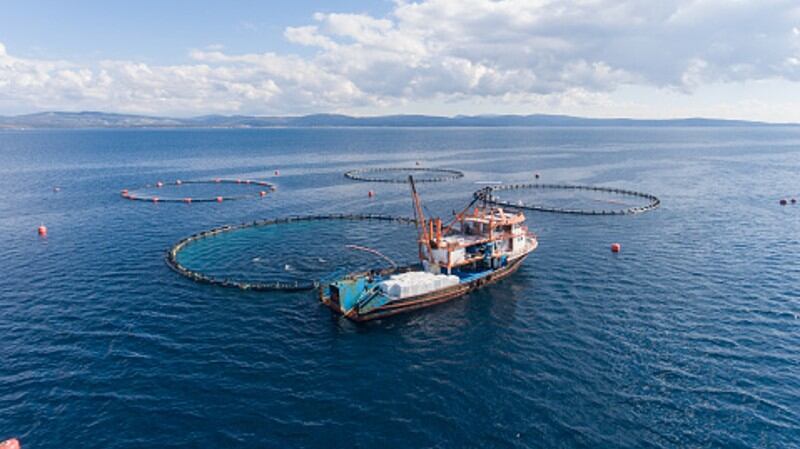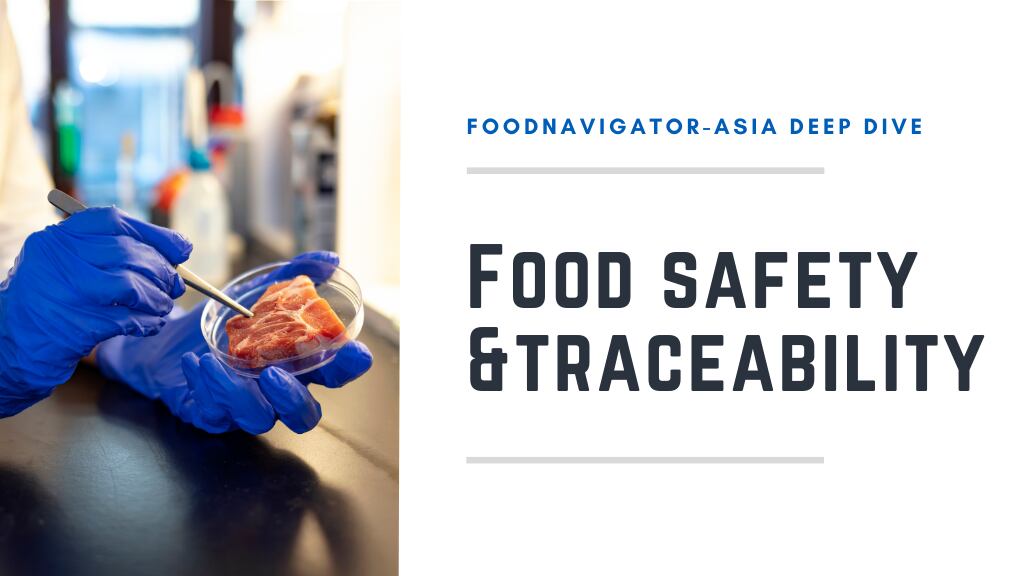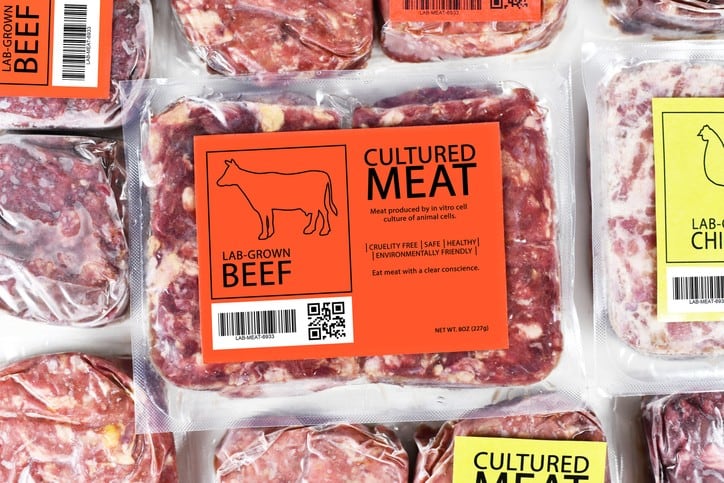Thai Union has placed a great deal of focus on developing its sustainability strategy Seachange, covering initiatives spanning climate change, food chain traceability, employee rights and more, with its efforts having earned it second place on the Dow Jones Sustainability Indices (DJSI) last year.
Seachange is undergoing a revamp later this year, but in the meantime Thai Union has decided to work on not just improving the actual sustainability initiatives it is implementing but also on how to improve the credibility of its work in the eyes of both consumers and trade partners alike.
One of the steps it has taken to do this has been to enter a partnership with SFP, which is an NGO world-renowned for its work in establishing sustainable seafood supply chains worldwide. It is also well-known for its Seafood Metrics system, a system that allows companies to more fully understand sustainability risks in their sources.
“One very significant thing we will be doing under this partnership is that we will be providing all the necessary supply chain data to SFP for evaluation using its Seafood Metrics system,” Thai Union Group Director for Sustainability Adam Brennan told FoodNavigator-Asia in an exclusive interview.
“SFP will be utilizing the data we give them to apply a sustainability lens across our supply chain to evaluate the risks that currently exist and also help us to make better decisions based on any hotspots and challenges identified.
“This is the first time we are doing a verification this extensive, and we believe that doing this will provide the transparency needed to create significant credibility about our work, inspiring further confidence for both partners and consumers, who will be able to access the data transparently.”
Brennan added that this move is also expected to help Thai Union as a company push further in terms of improving its work in sustainability, due to the added accountability this transparency will bring.
“This move means that there will be a lot of extra visibility into what we do, and this will put the pressure onto Thai Union to perform, as if we don’t, SFP is going to find us accountable,” said Brennan.
“So this again steps up that credibility and accountability, and also means that we will be able to identify the most important priorities for improvements.”
Tuna and traceability
Many of Thai Union’s major seafood products use tuna, and because of this the firm has invested a great deal into its Tuna Commitment, via which it pledges to source 100% of its branded tuna from fisheries that are either Marine Stewardship Council (MSC) certified or working towards this.
“The Tuna Commitment had a 2021 goal to reach 75% of tuna being sourced from MSC–certified fisheries or those working towards this, and we actually exceeded this by reaching 88%,” Brennan added.
“The other very important element when it comes to tuna sourcing and basically seafood sourcing in general is traceability – we are committed to 100% on-the-water monitoring of our vessels by 2025.
“This is something we intend to achieve via a combination of human monitoring – so actual eyes on the boats – as well as electronic monitoring systems which will involve technologies such as GPS, video surveillance, sensors and more.
“We’re also working on a project with partners including Sea Warden, a satellite imaging company, to obtain and analyse 24 months of satellite imagery data and use AI to map things like disease risk, productivity and more.
In addition to traceability higher up the supply chain, Thai Union has also made sure to directly engage consumers in providing this assurance, by having traceability methods embedded directly on its consumer-facing finished products.
“For our major brands like Chicken of the Sea and John West, we do already have barcodes on the product cans which consumers can take to the brand websites and do a direct search for further origin and other traceability information, which is one of the ways we have worked to engage directly with them,” he said.
“When SFP comes fully into the picture and completes the Seafood Metrics analysis, there will then be even more information visibility and more that can be shared.”





